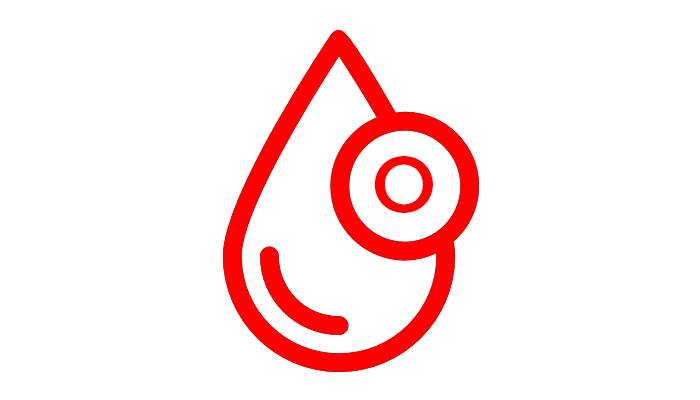Table of Contents
The blood type diet has been around for over 2 decades but its effectiveness is still under review. It is based on the presumption that the food processing differs among individuals depending upon their genetics, which go back to their ancestors and their blood types.
Naturopathy physician Dr. Peter D’Adamo devised the diet plan in 1996. According to him, each blood type requires varying nutrients; certain foods are good for your blood type and others not so much. It is believed that following the blood type diet can help in weight loss, reducing the risk of diseases, and slowing down the aging process.
Fulfilling the body’s nutritional needs is essential, especially when we consume processed foods and exercise seldom. Consulting a nutritionist is important, which you can do in real-time chat or call with FITFEAST. Get customized daily diet suggestions based on your needs and preferences.
Blood Type Diet

People with blood type A should follow a vegetarian diet, which includes fruits, beans, nuts, seeds, legumes, nuts, and of course veggies. You can include a little seafood, fermented dairy, and minimal amounts of processed grains. You are advised to completely stay away from red meat in addition to limiting eggs and dairy products.
Exercise tip – Practice brisk walking, and swimming

People with this blood type should focus on taking a balanced intake of plants and most meat. You should include fish and meat but avoid chicken and pork. Include veggies, fruits, and dairy along with some beans, legumes, grains, nuts, and seeds. You should avoid eating wheat, corn, lentils, and tomatoes.
Exercise tip – Practice a mix of strenuous and relaxing exercises

This blood type is considered a mix between the types A and B. If your blood group is AB, you should eat seafood, tofu, fruits, eggs, and dairy along with some beans, grains, and meat. You can also include some seeds and nuts but avoid corn, beef, smoked and cured meats, and chicken.
Exercise tip - Indulge in tension relieving activities and moderate-intensity exercise

People with this blood group should emphasize on a high-protein diet based on lean meat, poultry, fish, veggies, and fruits. Avoid dairy and limit lentils, egg, beans, and grains (lectin-free).
Exercise top – Indulge in vigorous and intense exercise
These diets are beneficial for most people irrespective of their blood type because they’re based on natural and healthy foods, which is much better than modern diets. Any improvement in health might suggest the role of eating healthy as much as eating as per your blood type.
What are lectins? They are a family of proteins that bind sugar molecules and are considered to be anti-nutrients. They have negative effects on the gut lining and several types of them can lead to the clumping together of red blood cells. Lectins found in uncooked legumes have similar effects; red Lima beans might affect people with blood type A. Lectins in the diet is not specific to the blood type except a few varieties of raw legumes. However, legumes are mostly cooked before consumption.
The popularity of the Blood Type Diet has grown recently since evidence has been found that people with different blood types might be vulnerable to different types of diseases. For example, people with blood type O have a higher risk of stomach ulcers but they’re less vulnerable to heart disease.
A large study involving more than 1400 young adults who consumed a diet suited for Blood type A reported improved health. However, the results were common among all the participants, not just those with blood type A.
More studies are required to establish the efficacy of blood type diets. However, one study found that there is a relationship between blood types and food allergies. The blood type diet may conflict with the treatment of your conditions if you have any. Therefore, it is better to follow the treatment plan to treat the chronic ailment before you shift to the blood type diet.


